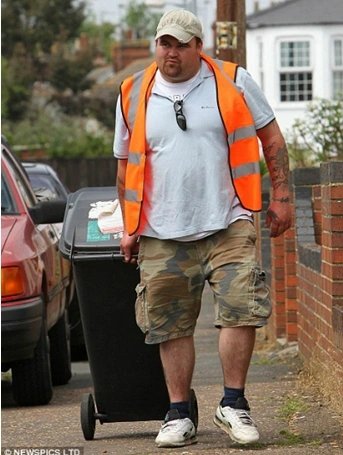
According to Siana Griffiths, professor emeritus at the University of Hong Kong, this scenario requires a balance between returning to a life that is no longer focused on viruses and working to deal with them.
`I don’t think we will live with restrictions. We will be more careful, understand the science and process better, and learn painful lessons from the pandemic,` Ms. Griffiths commented.
Professor Dame Anne Johnson, president of the Academy of Medical Sciences, said: `There will still be many deaths from Covid-19 and winter waves of infection pose a particular threat. Learn to live with the virus
Additionally, safety measures put in place during the pandemic may continue after restrictions are lifted, according to Ms. Johnson.
Practice good hygiene, work remotely, wear a mask, ensure a well-ventilated space, do not go to work or crowded places when you have symptoms, take a personal car instead of taking public transport, avoid
Vaccination is a fundamental measure to bring life back to almost normal.
British Prime Minister Boris Johnson received the second dose of vaccine at the Francis Crick Institute in London on June 3.
High-risk groups can get a seasonal booster, if their immunity wanes.
David Heymann, professor of epidemiology at the London School of Hygiene and Tropical Medicine, said people need to take responsibility for the risks.
`We cannot accept the number of deaths from Covid-19. We need to protect ourselves and not spread the virus to others. This has not been done because governments still hold the main responsibility,`
According to Heymann, the transfer of responsibility to the people should start earlier.
Ms. Griffiths hopes Covid-19 can be controlled to the same level as the flu.
A similar surveillance system is needed for Covid-19 and other threats.
On June 24, Singapore also issued a roadmap for living with Covid-19, accordingly, the country lowered its expectations of being able to eradicate nCoV, saying it would exist as endemic as the flu and emphasizing vaccination as well.






